Many of the challenges be-devilling the Nigeria poultry industry e.g. poor quality of chicks by some hatcheries, substandard drugs, break in vaccine cold chain, high level of toxins in feed materials and finished feeds, poor regulation etc., logistics is another major challenge faced by the industry. Movement of birds from one place to another is majorly left in the hands of un-lettered and un-trained persons who overload their vehicles with the sole aim of profit maximization per trip with little concern about the safety delivery of the products (DOC).
Day old chicks are very fragile and highly sensitive to stress factors especially heat stress hence the need to handle them with great care during transit. Transporting them from one part of the country to another is really a very sensitive job that requires huge investment to put in place the necessary facilities and to limit stress, ensure their safety arrival and smooth take off on the farms where they will be reared. Apart from the facilities, the personnel who transport chicks need to be properly trained on chicks handling. But in Nigeria little respect is paid to human’s life let alone that of animals. Transit related mortality is inevitable in this clime because of the way and manner chicks are usually handled. No breed of chicks is immune to this menace but broilers and imported turkey poults suffer the greatest because of their body sizes which make them highly susceptible to heat stroke. Apart from this factor, a number of factors also other contributing factors to this problem are:
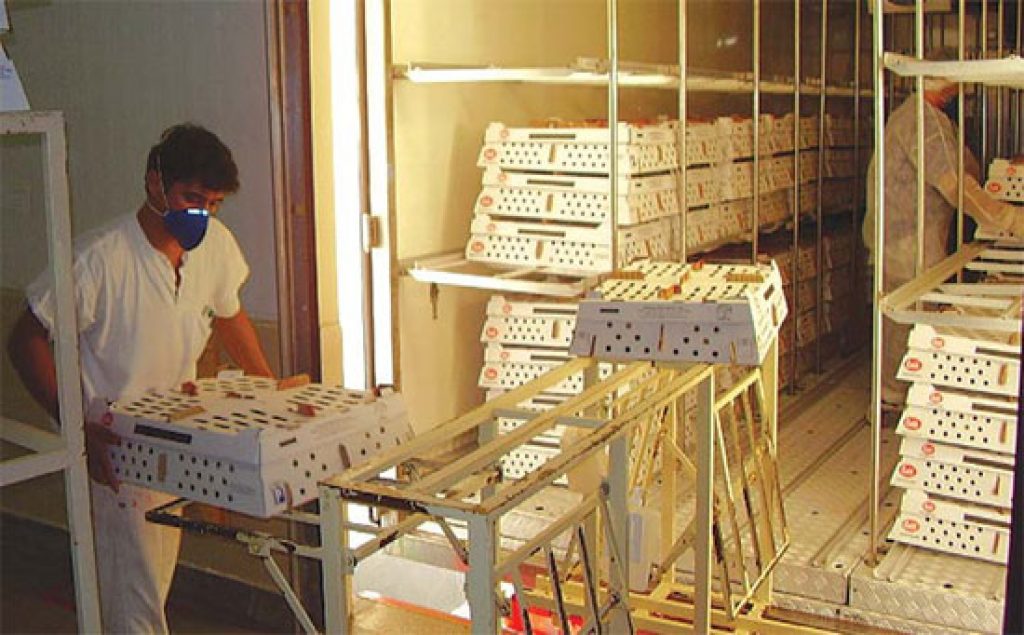
- Terribly high stocking density:As earlier stated, drivers of day old chicks over stock their vehicles with the aim of space and profit optimization not minding the effects of this habit on chicks. This practice prevents proper air circulation during transit causing massive heat buildup within a rather short period of time especially during vehicular breakdown and non-progressive traffic on the road. Within 5-10 minutes of such occurrence, great number of birds will be lost as a result of the heat buildup. Most vehicles used in transporting DOC are not regularly serviced to prevent breakdown on the road
- Climatic changes: Season is also another factor that causes huge mortality on transit. During the hot season (OCTOBER – FEBRUARY), drivers of day old chicks face huge challenge in moving birds across the country. Mortality during this period is usually a common thing. The normal thing should have been that the carrying capacity of the vehicles be reduced to allow for better air circulation, but this is never done because farmers might not be willing to pay more for transport of chicks during the season. It is also an established fact that global warming is now a major challenge globally and this has made chicks transportation more challenging in recent times.
- Poor quality of chicks supplied by the hatchery: It must be stated that not all transit related chicks’ mortality are the faults of the driver. Despite the carelessness of the majority of drivers, some of them do a really fantastic job. When the quality of chicks supplied by the hatchery is poor (small chicks, dehydrated chicks, sick chicks etc.), such might drop dead on the road because they might not be able to withstand transport stress.
- Exposure to sun at pick-up centers: Sometimes, the chicks are also exposed to sun rays at pick up centers across the country which will result to mortality. This is not common as most people manning the pick-up centers across the different states are people who have been in the business for years and they are aware of the consequences of leaving chicks in sun.
- Mortality from pick up point to the farm: Sometimes in-experience on the part of farmers especially newbies lead to loss of birds on transit but most times this is blamed on the drivers, the hatcheries or the supplier.
- Failure to pick up chicks on time post arrival: Some farmers also delay their chicks pick up probably due to other engagements. This is a wrong practice. Chicks pick up should be delegated when a farmer’s availability cannot be assured.
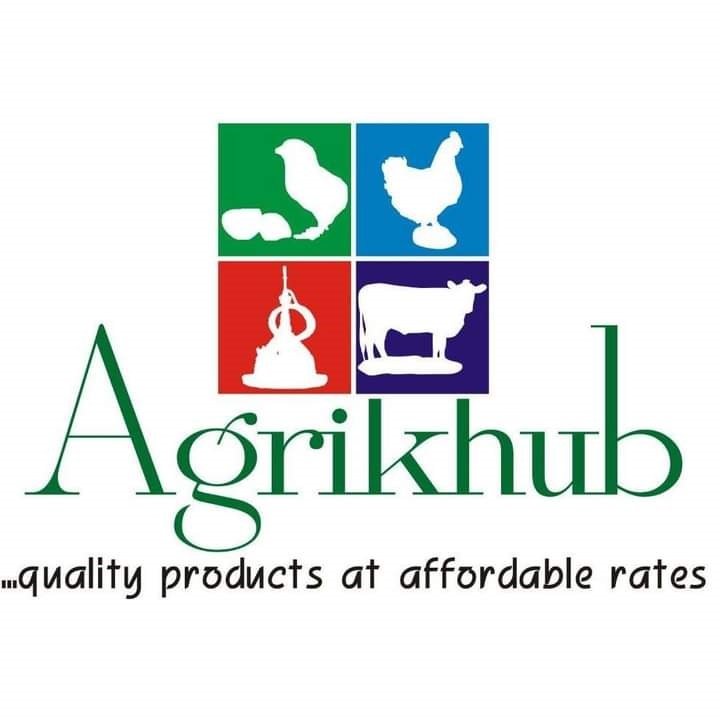


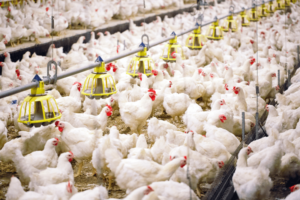
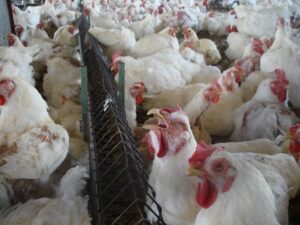
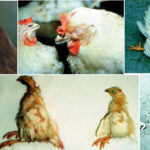
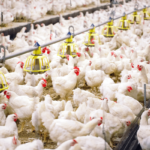
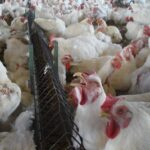
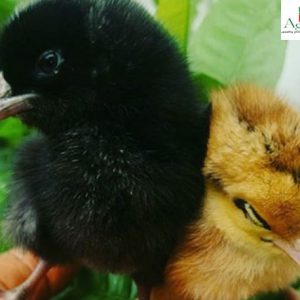
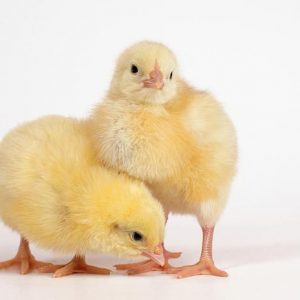

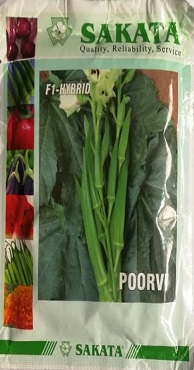

Really enjoyed this article. Really thank you! Really Cool. Jessie Mead Khai Helena Zacharia Alikee
thank you
Great, thanks for sharing this article post. Much thanks again. Want more. Gertrud Hammad Terrene Josy Thorpe Elodia
Thank you for reading
Thanks so much for the blog article.Thanks Again. Cool.
https://www.peninsuladailynews.com/marketplace/top-3-best-delta-8-thc-gummies-weed-edibles-for-sale/